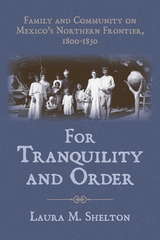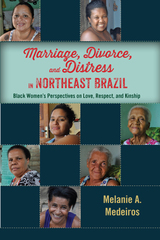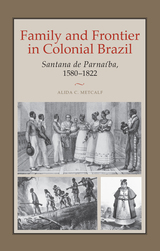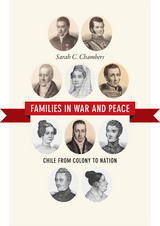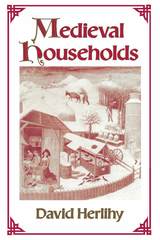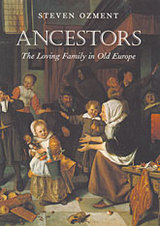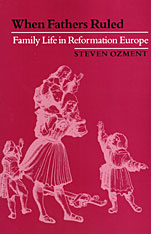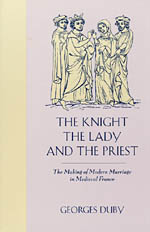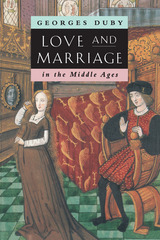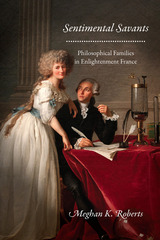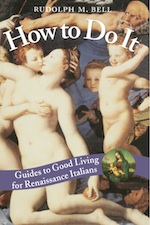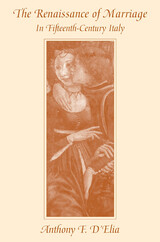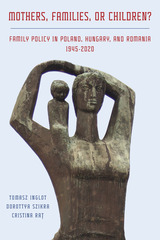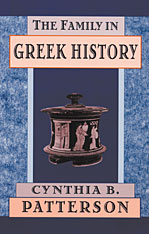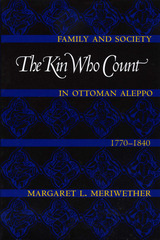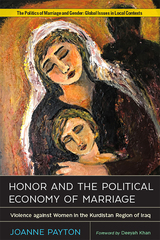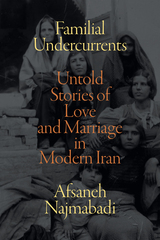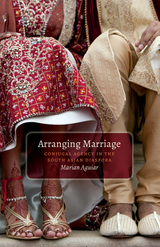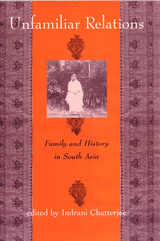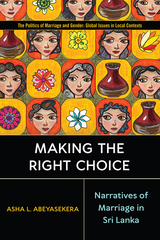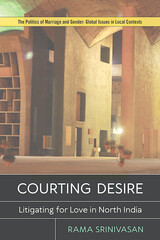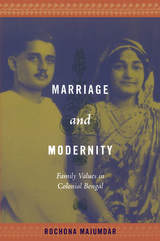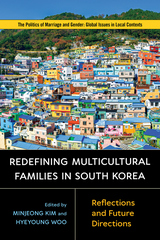Cloth: 978-0-674-55070-4
Library of Congress Classification HQ630.15.F58M65 1994
Dewey Decimal Classification 306.81094551
How did propertied families in late medieval and early modern Florence maintain their power and affluence while equally important clans elsewhere were fatally undermined by the growth of commerce and personal freedom, and the consequences of the Plague? Drawing on a vast array of archival research—from letters and memoirs to fiscal declarations to records of the Dowry Fund, Anthony Molho suggests that the answer is found in the twin institutions of arranged marriage and the dowry.
Molho focuses on the relations between Florentine families of this period and demonstrates that the links among families—created by arranged marriages within a narrow and well-defined social class, a system of dowries that was a combination of speculation and manipulation, and an entrenched memory of these processes—account for the resilience of this ruling class. The individuals or single families whose records Molho has scrutinized, as well as his analysis of several thousand marriages over nearly a century and a half, illuminate a culture that consistently and relentlessly subordinated individual goals and preferences to larger and deeper concerns. The book combines the application of quantitative methods and close reading of contemporary texts in order to gain new insights into the history of Florence in the late Middle Ages.
See other books on: Dowry | Florence | Late Medieval Florence | Marriage | Marriage & Family
See other titles from Harvard University Press


